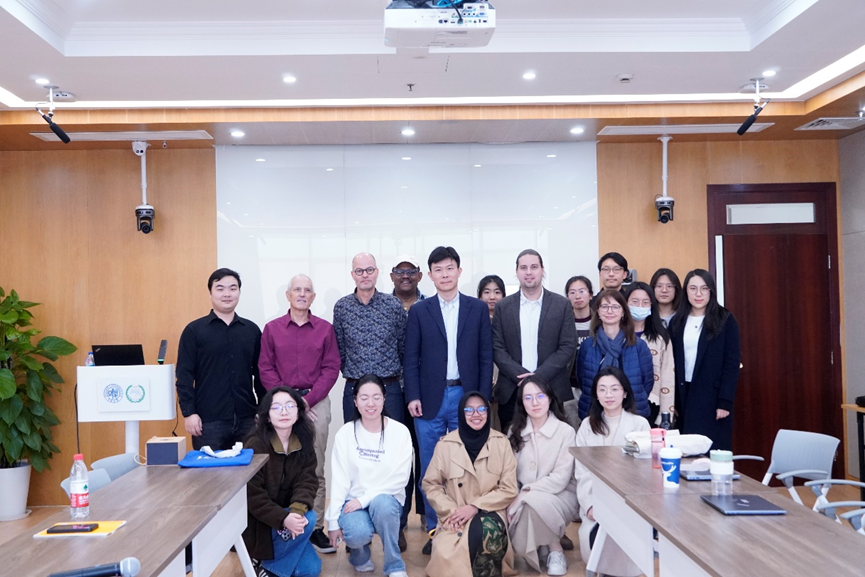Events



On March 21, the Fudan Institute for Global Public Policy (IGPP) organized the 51st lecture of the Fudan-LSE Lecture Series. Professor Søren Harnow Klausen from the University of Southern Denmark delivered a lecture on the topic of “Promoting pro-environmental behavior: challenges to public policy.” The lecture was chaired by Professor Yijia Jing, the Dean of the IGPP.

Professor Jing gave a brief introduction of Professor Klausen. He is a professor in the Department of Culture and Language at the University of Southern Denmark and is currently a visiting scholar at Peking University. His research interests cover social epistemology, philosophy of education, philosophical psychology, and issues related to aging. Professor Klausen is currently working on a book about welfare and climate change, supported by a grant from the Carlsberg Foundation. Professor Klausen not only serves as the Vice Chair of the Danish Independent Research (Humanities) Council but also is a member of the European Scientific Advisory Committee.
Professor Klausen suggests that green sustainable development is a collective responsibility, and laws and regulations must be formulated and enforced. However, the lack of consensus and actual actions within the political system create various obstacles from establishing green goals to their concrete implementation. Professor Klausen points out that successful policy formulation and implementation depend not only on political decision-making and the selection of available technologies but also on a careful consideration of the capacity for transition and practical obstacles.
During the Q&A and comments session, Wei Ma, the Project Manager of the Fudan-Nordic Center, and Haoqi Qian, Assistant professor of the IGPP, provided detailed comments on the lecture. Audiences engaged in lively academic discussions on topics such as the differences in policy formulation and implementation between China and Western countries, the current status of green transformation, and the effectiveness of measures to address climate change.
